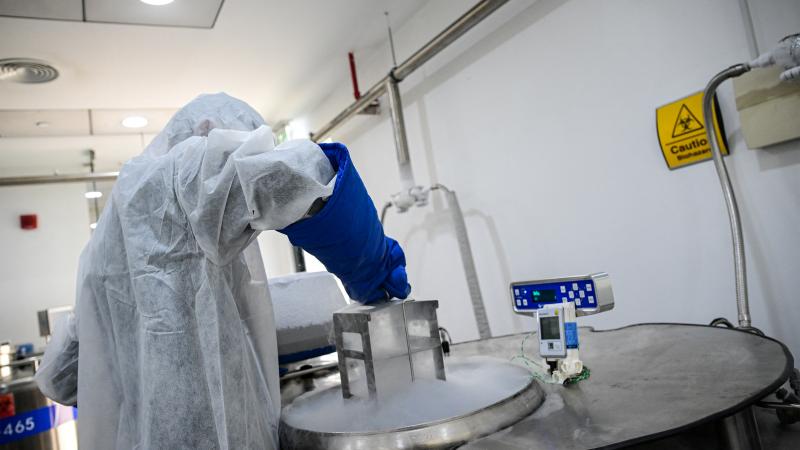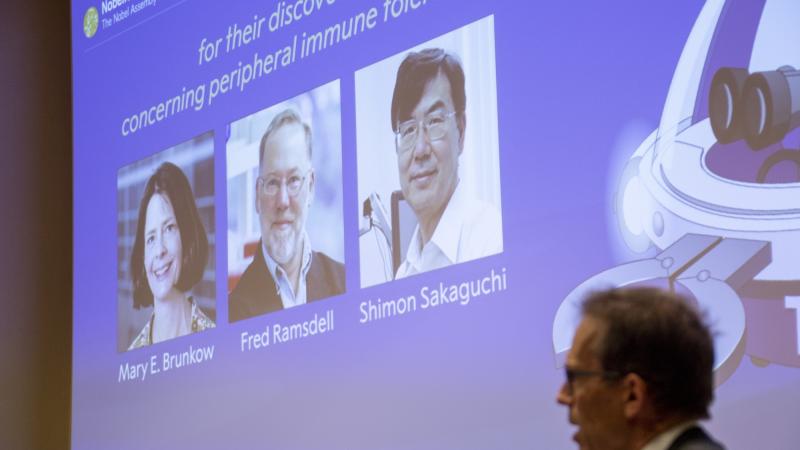Astronomers say artificial intelligence discovered dozens of new planets in old telescope data
Scientist says A.I. offers 'precise statistical likelihood' of determining true planets.
Astronomy scientists this week announced the discovery of several dozen new planets that were identified using artificial intelligence to scan old space telescope data.
Astronomers at the University of Warwick in England said in a press release that a "new machine learning algorithm" had discovered "new exoplanets in telescope data." The scientists were studying data from the now-decommissioned Kepler space telescope.
Exoplanets—planets outside of the Solar System—are generally discovered by the transit method, by which astronomers observe a dip in the output of a star's light, which is suggestive of a planet's passing in front of it.
Scientists at Warwick said they used an A.I. algorithm "on a dataset of still unconfirmed planetary candidates from Kepler," resulting in "fifty new confirmed planets and the first to be validated by machine learning."
Warwick physics professor David Armstrong said in the press release that the university "hope[s] to apply this technique to large samples of candidates from current and future [telescope] missions."
"Rather than saying which candidates are more likely to be planets, we can now say what the precise statistical likelihood is," he said of the A.I. method.
















